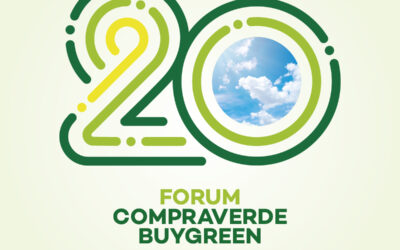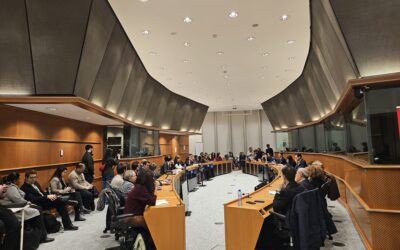Every year, public authorities across Europe spend over €2 trillion on goods, services, and works. That’s around 14% of the EU’s GDP — a massive amount of public money that, if steered wisely, could become a powerful lever for climate action, local development, and industrial innovation. But today, much of this spending goes toward products with high environmental impact, often made outside Europe, in supply chains that are neither sustainable nor resilient.
Now, as the European Union begins the revision of its Public Procurement Directive, we have a once-in-a-decade opportunity to change the rules — and make public spending a driver of the green transition.
What if public money only funded sustainable, local, and responsible solutions?
Imagine the impact if even a portion of Europe’s public procurement was directed toward goods and services that are:
-
Low in CO₂ emissions
-
Produced in Europe, strengthening local supply chains
-
Creating quality green jobs in sectors like energy, construction, transport, and food
-
Contributing to economic resilience by reducing dependence on external suppliers
With smart rules, public contracts can become one of the most strategic tools Europe has to meet its climate, social and industrial goals.
What we are asking for — and why it matters now
The campaign BESA – Buy European and Sustainable Act, coordinated by Fondazione Ecosistemi, calls on the European Parliament — and especially on Italian MEPs — to support concrete changes in the Public Procurement Directive.
We are asking for the introduction of criteria that:
- Prioritize companies that produce within Europe, creating local value and jobs
- Require strict CO₂ emission limits for companies bidding in key sectors related to the ecological transition
These changes would ensure that public money rewards innovation, sustainability, and regional development, not just the lowest price.
Your voice counts. Sign the petition
This reform can shape the future of public spending across Europe — but it needs widespread support.
By signing the petition, you are helping send a clear message to EU institutions:
Use public procurement as a force for climate action, fair jobs, and stronger communities.
Sign the petition HERE!
For the climate. For decent work. For a stronger Europe.




